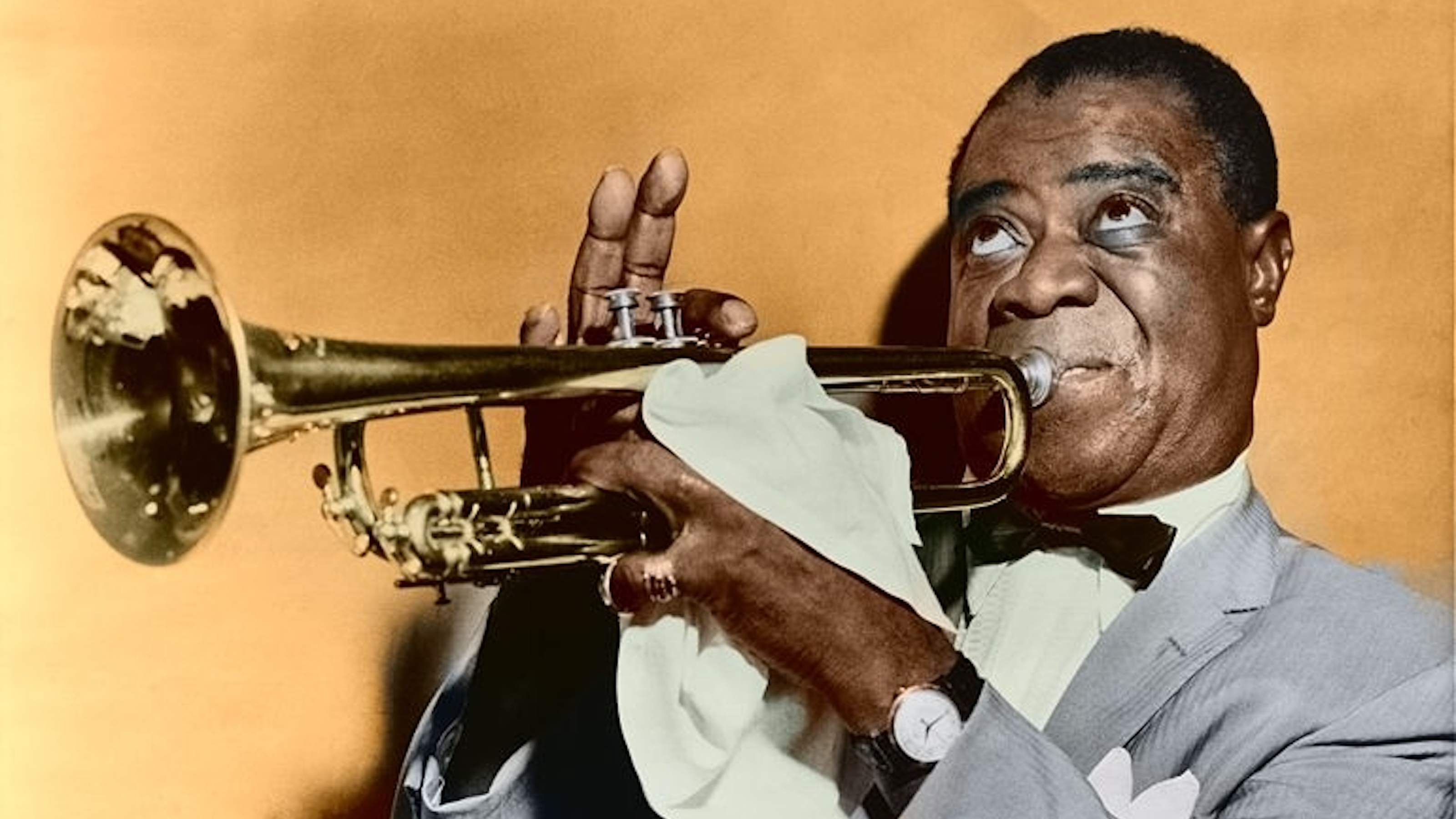Dr. Marc Bessler emphasizes the necessity of a long term plan for weight management.
Question: If someone is considering weight management surgery, what questions should they ask their doctor?
Marc Bessler: I think that asking your medical doctor probably isn’t the best way to go, actually getting information from a surgeon, most surgeons run these informational seminars, we certainly do, there’s a lot of information online, so educate yourself about the operations. The first question is, am I a candidate, obviously and you can figure that out by yourself pretty much looking at a BMI chart or calculating your BMI, your body mass index and once you know that you’re an appropriate candidate from that regard, then the question is am I healthy enough to tolerate an operation and most people are. So then the next question is can I work with one of these operations better than another and most people will find that, you know, I’m a junk food eater, maybe I don’t wanna have the operation where junk food is still gonna be easy for me to do. You need to learn about the risks of operation, I think that’s the most important thing you can be educated about and what changes in lifestyle, diet, etc are gonna be mandated from you in order to work well with the operation because it becomes a very personal choice, people ask me “What would you tell your mother or your wife?” And I say “Well, you know, you’re not my mother or my wife, you have different habits and styles etc. eating genetics etc and you therefore need to pick what’s right for you after getting appropriately educated about choices. Certain choices are wrong for certain people. High risk patients maybe should stay away from the more complicated operations, maybe young people should have an operation that’s been around longer like a gastric bypass and avoid a ring that has to sit around their stomach for 80 years. On the other hand, young people might feel like they wanna take the lesser risk operations because they’ve got time to figure out what’s coming in the future. So it’s a very, very personal decision, find out about the risks, find out about the surgeons experience, that’s one of the most important things about outcome. Another truly important thing is about the follow up program, any doctor that does the surgery and doesn’t have a well designed program for long term and I mean life long follow up, probably isn’t the right place to be because these are commitments to life change and you need support and help in doing that, it’s not just an operation and then go on your merry way, it really isn’t.
Topic: Long-term expectations of weight management surgery
Marc Bessler: Well different operations like I say require different things, an adjustable band, you have to come back regularly at the beginning to have the band adjusted to get it to the proper tightness for you. Learn how to work with it, how to eat with it and then regular follow up to make sure the band is staying in the right position, to make sure the pouch isn’t stretching, to make sure the esophagus isn’t stretching. Generally what we have is patients come back two weeks after surgery and be checked out to make sure they’re healing well. At about five weeks after surgery we start adjusting the band and they can show up monthly or so for the first couple of months, six months til they’re properly adjusted and then yearly after that generally. A gastric bypass patient, gonna be quite different, the operation’s gonna be very restrictive on them at the beginning, the pouch is small, things are swollen, they’re gonna have very little ability to eat for the first six weeks or so, they’re on pureed foods and filling up very, very quickly and then progressing your diet to eating more normally as the operation sort of loosens up on them over time, that’s gonna be the first sort of three to six months of learning to adapt to the operation and then it’s learning good habits that you can maintain because gastric bypass doesn’t restrict you more and more over time, actually less and less, you have to learn the lessons the operation’s taught you so that you can work with it long term. Diet and exercise go hand in hand, so these changes in eating like I said are gonna slow down your metabolism as you’re taking in less calories, so exercise is a very important part of this life plan and getting the support, encouragement, education to do all that is important and then with gastric bypass, the vitamin and minerals that aren’t well absorbed after surgery, iron, calcium, B12, maybe vitamin D have to be supplemented and the supplements have to be taken and the levels have to be followed. So once you’re past that three to six month period it’s again yearly follow up to follow your vitamin and mineral levels and again a lot of doctors don’t know exactly what to do for gastric bypass patients in long term follow up and therefore your surgeon ought to be having a program maybe not themselves but with a nurse or a physician’s assistant or nutritionist in the office for you to follow up for life. Saying yes, go see your nutritionist somewhere and, you know, your surgery’s done, you’ve recovered well, you’re done, really isn’t what this is about and you should avoid being in a place like that.
Recorded on: 6/16/08





